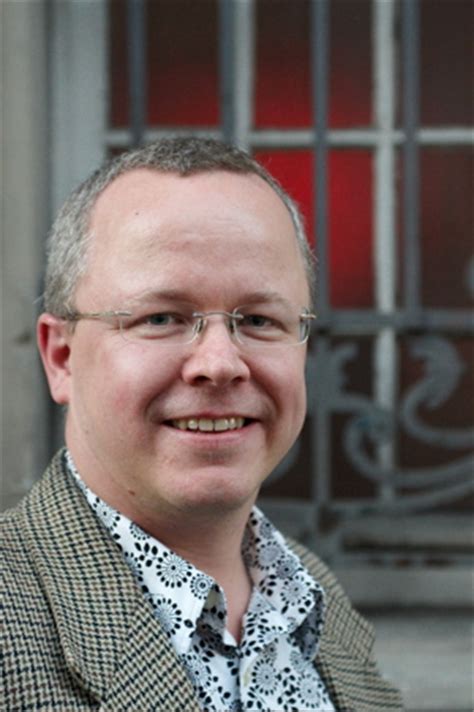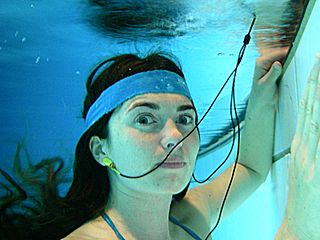A Quote by Eric Kandel
You learn emotional experiences as much as you learn cognitive experiences, except that they are more unconscious. Sometimes one represses the cognitive component of it, but it's often more difficult to repress the emotional component.
Related Quotes
Our behaviour as an athlete is often determined by our previous experiences and how we dealt with those experiences. It is these experiences from past performances that can often shape what will happen in the future. It is for this reason that you learn and move on to be more mentally stronger as both an athlete and as a human!
We all have to strive to learn what motivates us, learn from our experiences, and what feels right and what feels wrong. There's a strong component over the years to having formal processes that help to identify lessons that need to be learned, and actions that need to be taken. In other words, how do you find the big idea?





































